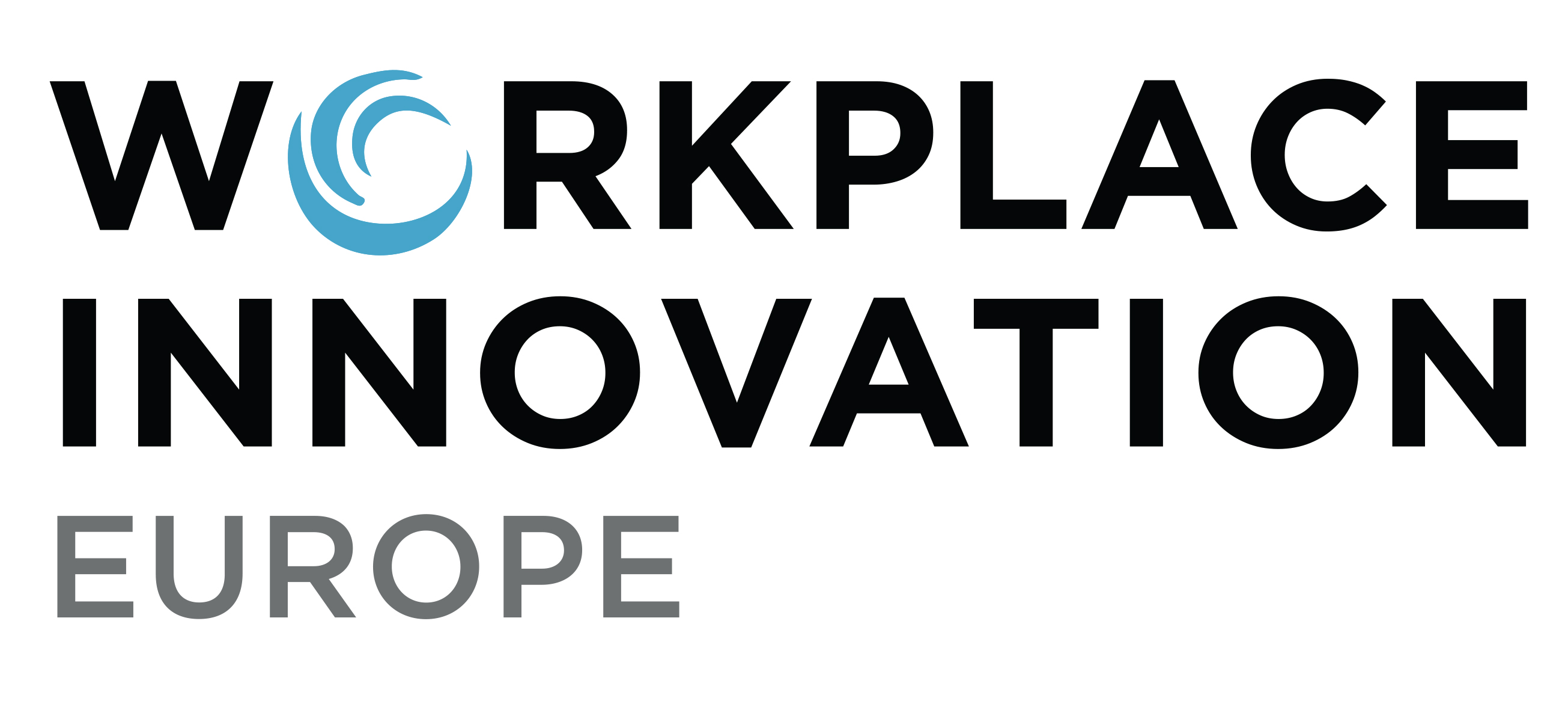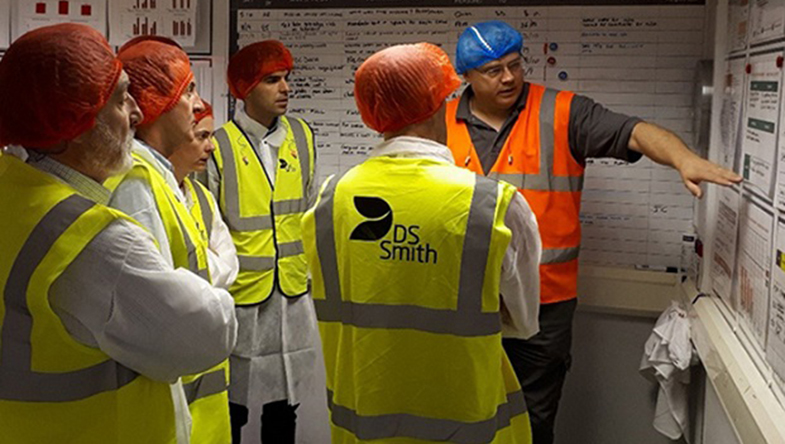Workplace innovation is strongly grounded in evidence – and needs to stay that way
In 2001, the European Commission asked Peter Totterdill and his colleagues to produce a study that would analyse evidence both from existing research and from a broad sample of one hundred highly innovative companies in six European countries. The aim of this study, known as Hi-Res¹was to create a practical approach designed to help companies and their employees achieve win-win outcomes in terms of business performance and quality of working lives.
The concept we developed was ‘workplace innovation’. It describes workplace practices and cultures which enable employees at all levels to use their knowledge, competences and creativity to the full.
Above all, workplace innovation describes a series of interlocking workplace practices that are solidly grounded in evidence.
It starts with the practical problems, challenges and opportunities facing an organisation. Fuelled by open dialogue, experimentation and shared learning, it gradually transforms an organisation by empowering employees at all levels to lead improvement and innovation throughout the business.
In short, it is not the latest management fad or quick fix.
Workplace innovation becomes a movement
Workplace innovation now occupies an important place in EU innovation and competitiveness policy, and led to the creation of the European Commission’s Workplace Innovation Network (EUWIN) in 2012, jointly led by us and TNO (the Dutch national research organisation).. It is also embedded in national and regional programmes from the Basque County to Finland. The Scottish Government joined this community of workplace innovation countries in 2016 and has since developed and delivered a diverse portfolio of measures through Scottish Enterprise, its principal economic development agency.
As a result of these enlightened public policies, a growing number of companies across Europe now understand the principles of workplace innovation and are benefiting by putting them into practice.
Yet could workplace innovation become a victim of its own success?
We know that the majority of change initiatives fail, and back in 2001 we were also part of a parallel study² which showed that limited management knowledge and expertise, poorly conceived consultancy interventions and a weak evidence base were often to blame. Workplace innovation was developed to offer practitioners the assurance that it was grounded in evidence as well as being practical in its application.
Yet on more than one occasion we’ve met consultants who have openly expressed a lack of understanding of the concept, but have gone on to win important contracts for its delivery. At one level we can welcome the influx of fresh ideas and perspectives as workplace innovation becomes a Europe-wide movement, but it is also right to express a strong note of concern about diluting the approach with unsubstantiated gimmicks and short-term fixes.

